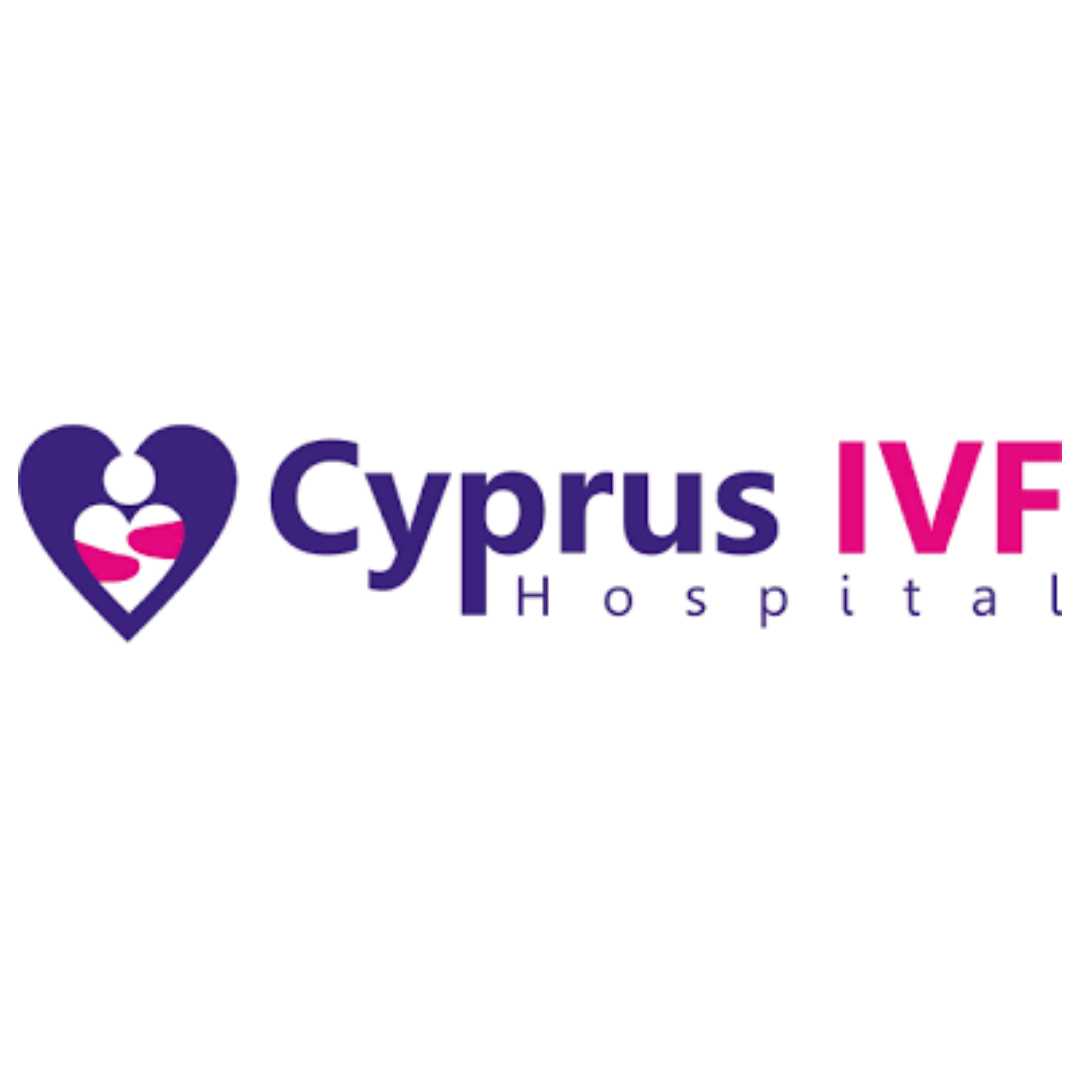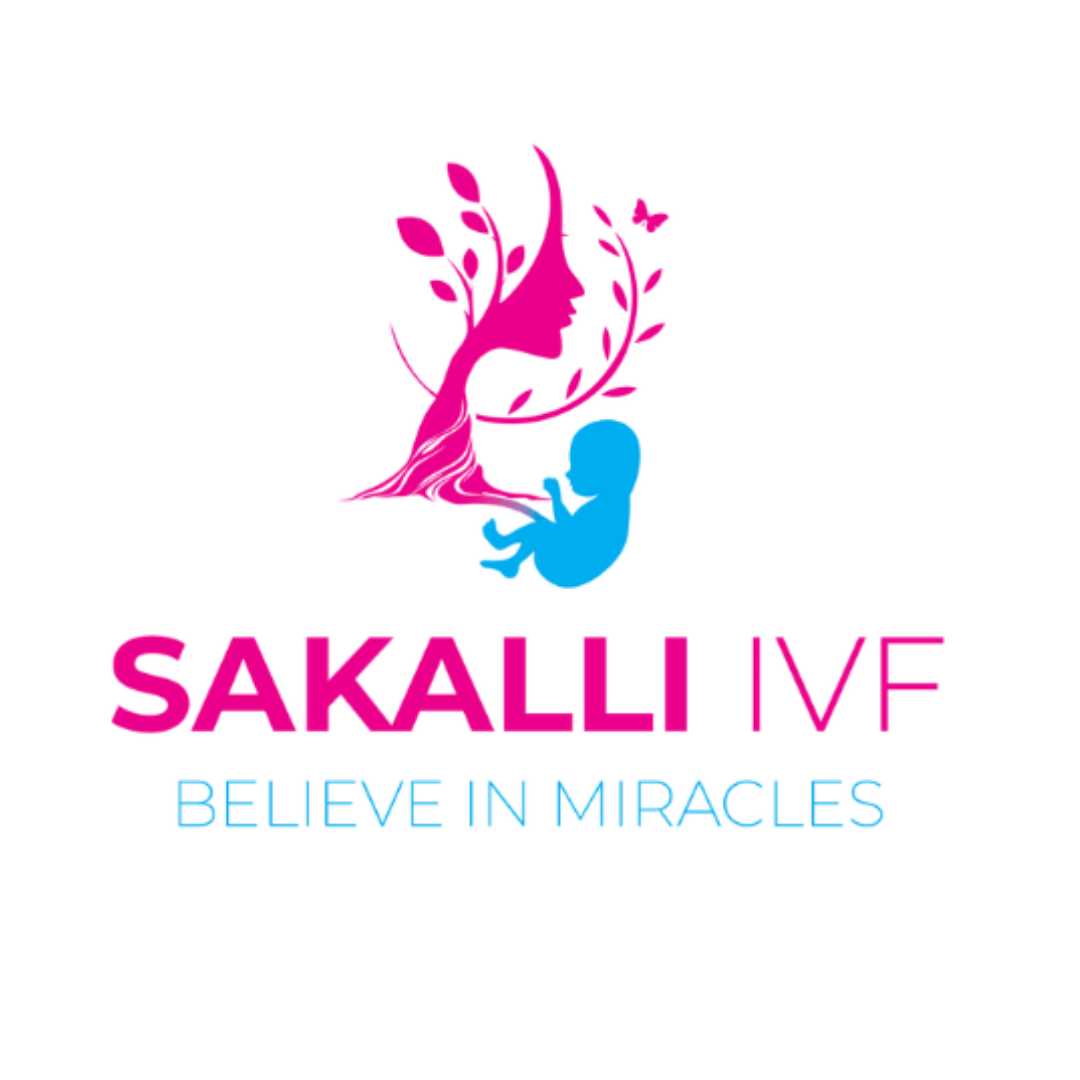
For couples struggling with infertility, in vitro fertilization (IVF) has long been considered a beacon of hope. However, traditional IVF can come with a hefty price tag, emotional strain, and numerous cycles before success is achieved. Enter Mini IVF, a more affordable, less invasive alternative that is gaining traction worldwide, especially in fertility hubs like Cyprus.Mini IVF offers the promise of higher pregnancy rates while significantly reducing the cost of treatment. For many, it provides the perfect balance between affordability and effectiveness. As more patients explore this option, Cyprus has become a popular destination for Mini IVF, with its world-class clinics, skilled fertility specialists, and lower treatment costs. In this article, we’ll take an in-depth look at what Mini IVF is, how it works, its benefits, and why Cyprus is fast becoming a sought-after location for fertility treatments.
Key Insights at a Glance:
- Mini IVF is a less invasive, more affordable alternative to traditional IVF.
- It involves using lower doses of fertility medication, reducing costs and side effects.
- Cyprus has become a leading destination for affordable, high-quality fertility treatments.
- Success rates for Mini IVF are comparable to traditional IVF, making it an attractive option.
- Mini IVF can be an ideal solution for women with certain fertility issues, such as low ovarian reserve.
What is Mini IVF?
Mini IVF, also known as "Natural IVF" or "Mild IVF," is a form of in vitro fertilization that uses significantly lower doses of fertility drugs compared to traditional IVF. The primary goal is to stimulate the ovaries just enough to produce a few eggs, which are then fertilized in the lab. This technique aims to reduce the risks and side effects typically associated with IVF, such as ovarian hyperstimulation syndrome (OHSS) and the financial burden of multiple cycles.
In traditional IVF, doctors often use high doses of fertility drugs to stimulate the ovaries to produce many eggs in one cycle. While this increases the chances of a successful outcome, it also increases the cost, potential side effects, and the number of eggs retrieved. In contrast, Mini IVF focuses on producing fewer eggs but with a higher chance of success by selecting the best quality embryos.
Mini IVF works by:
- Using lower doses of fertility medications (like Clomid or gonadotropins) to stimulate the ovaries.
- Aiming to retrieve 3-5 mature eggs, rather than the 10-20 eggs often retrieved with traditional IVF.
- Using a less invasive approach to egg retrieval, which reduces discomfort and recovery time.
Did you know?
Mini IVF uses about 40-50% less medication than traditional IVF, making it a more cost-effective and less invasive option.
Why Choose Mini IVF?
1. Lower Cost
One of the most significant advantages of Mini IVF is its affordability. Traditional IVF can cost between $12,000 to $15,000 per cycle in many countries, not including medication, which can add several thousand more. In contrast, Mini IVF can cost 50-70% less, making it an attractive option for couples looking to reduce their treatment costs.
In Cyprus, where medical tourism is booming, the cost of Mini IVF is further reduced due to lower healthcare costs in the country. For international patients, this offers a budget-friendly way to access high-quality fertility treatment.
2. Reduced Medication and Fewer Side Effects
Mini IVF uses much lower doses of fertility medications compared to traditional IVF, which significantly reduces the risk of side effects such as ovarian hyperstimulation syndrome (OHSS). This can lead to a more comfortable experience for patients, both physically and emotionally.
3. Better for Women with Low Ovarian Reserve
For women with a low ovarian reserve or those who are older, Mini IVF can be a great option. By stimulating the ovaries less aggressively, Mini IVF helps to avoid the overproduction of eggs and can produce healthier, more viable embryos. This may increase the chances of pregnancy for women who otherwise may have difficulty with traditional IVF.
4. Natural Approach
Mini IVF involves fewer interventions and is considered a more "natural" method of IVF. Since fewer medications are involved, the treatment cycle is often gentler on the body. This also means less time spent in recovery, fewer risks, and a more straightforward process overall.
How Does Mini IVF Compare to Traditional IVF?
Success Rates
Although Mini IVF uses fewer eggs, the success rates for this method are comparable to traditional IVF in many cases. The quality of the embryos plays a crucial role in success, and Mini IVF aims to focus on creating high-quality embryos rather than simply producing a large quantity of eggs.
In fact, studies suggest that the success rates for Mini IVF can be on par with traditional IVF, particularly for women with conditions like polycystic ovary syndrome (PCOS), advanced maternal age, or those with low ovarian reserve.
Procedure Time
The time spent on treatment is also reduced with Mini IVF. While traditional IVF may require multiple visits and a longer treatment cycle, Mini IVF is often a quicker process, involving fewer monitoring sessions and a shorter overall timeline. This makes it more convenient for patients who may have time constraints or prefer a less complicated treatment schedule.
Invasiveness
Mini IVF is less invasive than traditional IVF. The egg retrieval process is gentler, and the use of lower doses of medication reduces the chances of complications. The need for fewer injections and hormone treatments also means less physical discomfort for the patient.
Why Cyprus is the Ideal Destination for Mini IVF
Cyprus has emerged as one of the top destinations for fertility treatments, including Mini IVF, due to its excellent healthcare system, experienced fertility specialists, and competitive pricing. Here’s why so many patients are choosing Cyprus for their fertility journey:
1. World-Class Fertility Clinics
Cyprus boasts several internationally accredited fertility clinics that meet European Union standards. These clinics use the latest medical technologies and have teams of experienced fertility specialists who are trained in all aspects of IVF and Mini IVF. Many of these clinics also specialize in international patients and offer consultations in English, making the process easier for non-local patients.
2. Affordable Treatment
The cost of fertility treatments in Cyprus is significantly lower than in many Western countries, without compromising on quality. Mini IVF treatments in Cyprus typically cost between €2,500 and €4,000 per cycle, which is a fraction of the price in places like the U.S. or the UK. This makes Cyprus a popular choice for medical tourists who want to save money without sacrificing care.
3. Expert Care for International Patients
Cyprus is known for its high standards of patient care. Many clinics cater specifically to international patients, offering a seamless experience that includes airport transfers, hotel accommodation, and translation services. This level of support makes the entire fertility journey much more convenient and stress-free.
4. Short Travel Distance
For couples from the UK, Europe, or even the U.S., Cyprus is easily accessible by flight. The country’s well-connected airports and tourism-friendly infrastructure make it an ideal destination for fertility tourism. After your treatment, you can also enjoy some downtime and explore the beautiful Mediterranean island, making it a great place for recovery.
Did you know?
Cyprus has a high success rate for fertility treatments, with some clinics reporting pregnancy rates that are on par with those in more expensive countries like the U.S. and the UK.
Costs of Mini IVF in Cyprus
Mini IVF in Cyprus is one of the most affordable options in Europe for those seeking fertility treatment. Here’s a breakdown of typical costs:
| Treatment | Cost in Cyprus | Cost in the UK/US | Savings |
|---|---|---|---|
| Mini IVF Treatment | €2,500 - €4,000 | €6,000 - €12,000 | 50-70% |
| Fertility Medications | €300 - €800 | €1,500 - €3,000 | 50-70% |
| Egg Freezing (if required) | €1,500 - €2,000 | €3,000 - €5,000 | 50% |
| Embryo Freezing | €500 - €1,000 | €1,500 - €3,000 | 50% |
As you can see, Mini IVF in Cyprus can save you thousands of euros compared to treatment costs in the UK or the US. Many clinics also offer all-inclusive packages that cover medical treatments, accommodation, and transfers.
Risks and Considerations
While Mini IVF offers many benefits, it’s essential to be aware of potential risks:
- Limited Egg Production: Since Mini IVF uses lower doses of medication, fewer eggs are typically produced. This can sometimes result in a lower number of embryos to work with.
- Success Rate Variability: While success rates are comparable to traditional IVF, the overall chances of success depend on various factors, including age, ovarian reserve, and sperm quality.
- Not Suitable for All Patients: Mini IVF may not be suitable for women with certain fertility issues, such as severe male infertility or advanced age with very low ovarian reserve.
FAQs
1. What is Mini IVF?
Mini IVF is a more affordable, less invasive form of IVF that uses lower doses of fertility medication to stimulate the ovaries, producing fewer eggs but with potentially higher quality, resulting in a more cost-effective treatment.
2. How does Mini IVF differ from traditional IVF?
Mini IVF uses lower doses of medication, produces fewer eggs, and is less invasive. Traditional IVF, on the other hand, uses higher doses of medication to stimulate the ovaries to produce more eggs.
3. What is the success rate of Mini IVF?
Success rates for Mini IVF are comparable to traditional IVF, particularly for women with conditions like low ovarian reserve or advanced age. Success depends on the individual’s health and fertility factors.
4. How much does Mini IVF cost in Cyprus?
Mini IVF in Cyprus typically costs between €2,500 and €4,000, significantly less than traditional IVF treatments in countries like the U.S. or the UK.
5. Is Mini IVF suitable for everyone?
Mini IVF is ideal for women with a low ovarian reserve, those who prefer a less invasive treatment, or couples seeking a more affordable option. However, it may not be the best option for women with severe fertility issues.
6. How long does the Mini IVF process take?
The Mini IVF process usually takes 2-3 weeks, including consultations, hormone stimulation, egg retrieval, fertilization, and embryo transfer.
Start Your Mini IVF Journey in Cyprus Today
Mini IVF offers an affordable, effective, and less invasive option for couples looking to build their families. With Cyprus becoming a hub for world-class fertility care, now is the time to explore how Mini IVF can help you achieve your dream of parenthood. Contact us today to learn more about clinics in Cyprus that offer this life-changing treatment.





.png)

.png)
.png)

.png)

.png)
.png)



Share this listing